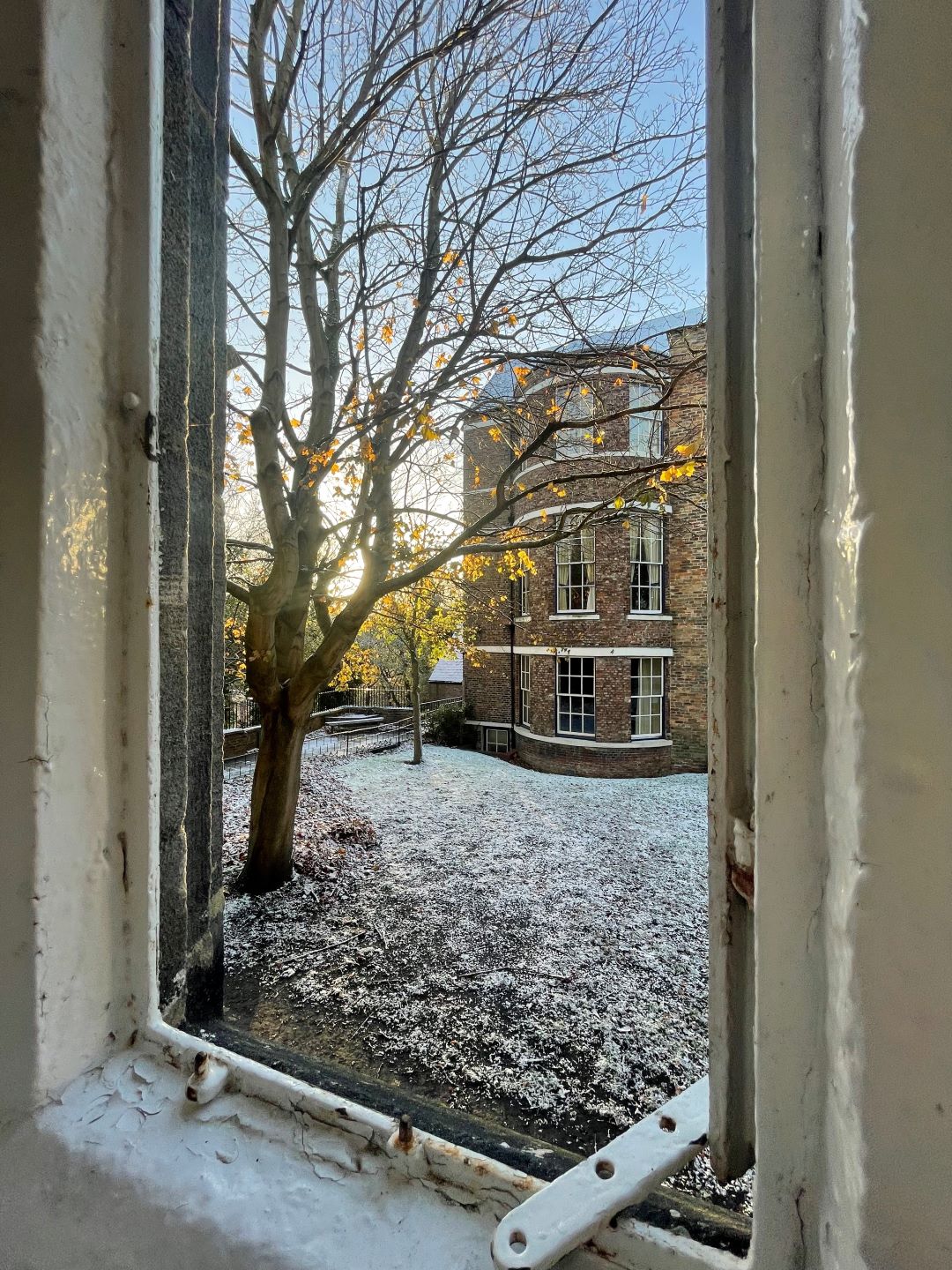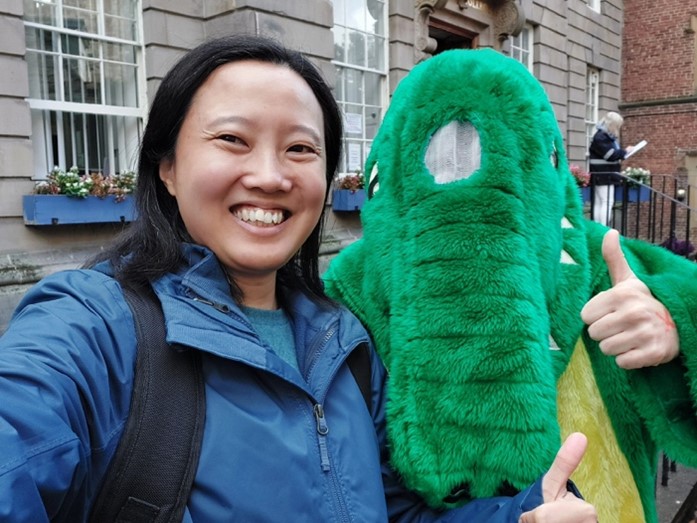Spring is officially here. Which, while along with more sunlight, flowers, longer days and later evenings – a tantalizing glimpse of lying along the riverside with the faint smell of barbecue come summer – and better vibes in general, for all students this can only mean one thing: revision season.
There’s plenty of advice out there
Now, there is plenty of good study advice out there; StudyTube and blogs have covered everything from Pomodoro to nice study backgrounds, and I’m sure the aesthetic/revision side of the internet will continue to create suggestions (good on y’all by the way). But revision can look very different for different people; recognising that with a subject comes different assessment styles, there’s a limit to how helpful outlining my own revision can be – that’s only one way that works for both an individual and the subject they studied.
So instead, I decided to ask some of our own team about their study tips and what advice they would give looking back – hopefully, our collective experiences might be useful : )
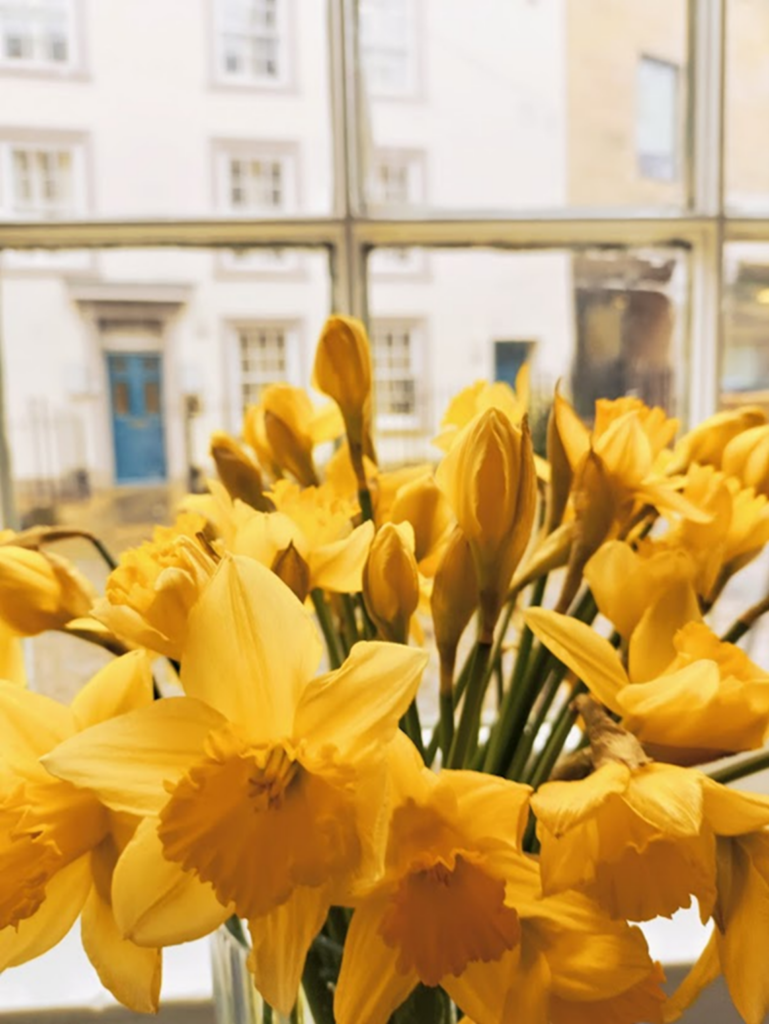
Tips from the team
Alex
“Short and regular breaks (I do 30 mins on, 5 mins off). Highlighters are my best friend, review notes with a highlighter in hand to pick out key information.
I always put my phone Out. Of. Sight. Even if it’s face down I my desk it is still distracting, so I put it right at the bottom of my bag covered by my other stuff so it’s not so easy to just pick up!”
Amy
“I find that making little rhymes really helps me memorise particular short statements, especially reading them aloud to get them into my head! When I was remembering quotes, I would make flash cards with the first word of the quote on one side, and with the full quote and what part of the text it came from on the back!
I would also make a summary A4 sheet of my notes about a particular topic, then give them to a family member and tell them about the topic (if you manage to explain it then you will probably remember it) and then they would give me prompts if I was missing any information or if I had made any mistakes (and it this works even if they are unfamiliar with the topic)”
Eunice
“I guess I would say to pace yourself? It’s no good to leave everything until the last minute, but also don’t stress about having to study all the time. Give yourself lots of breaks and take it easy”.
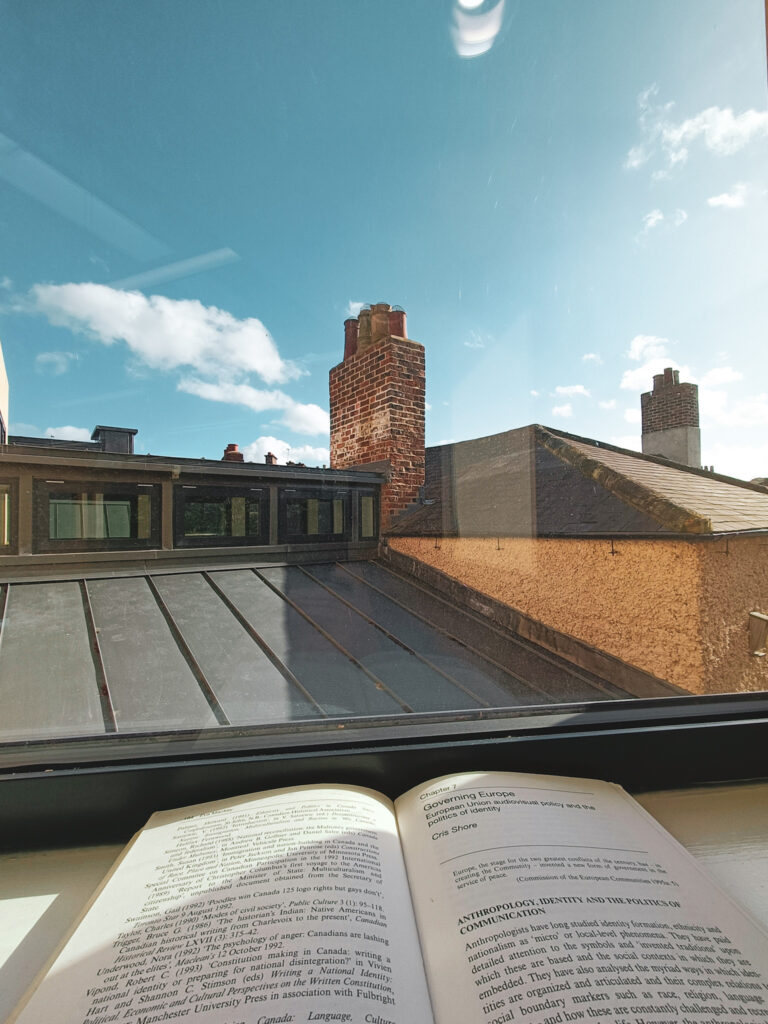
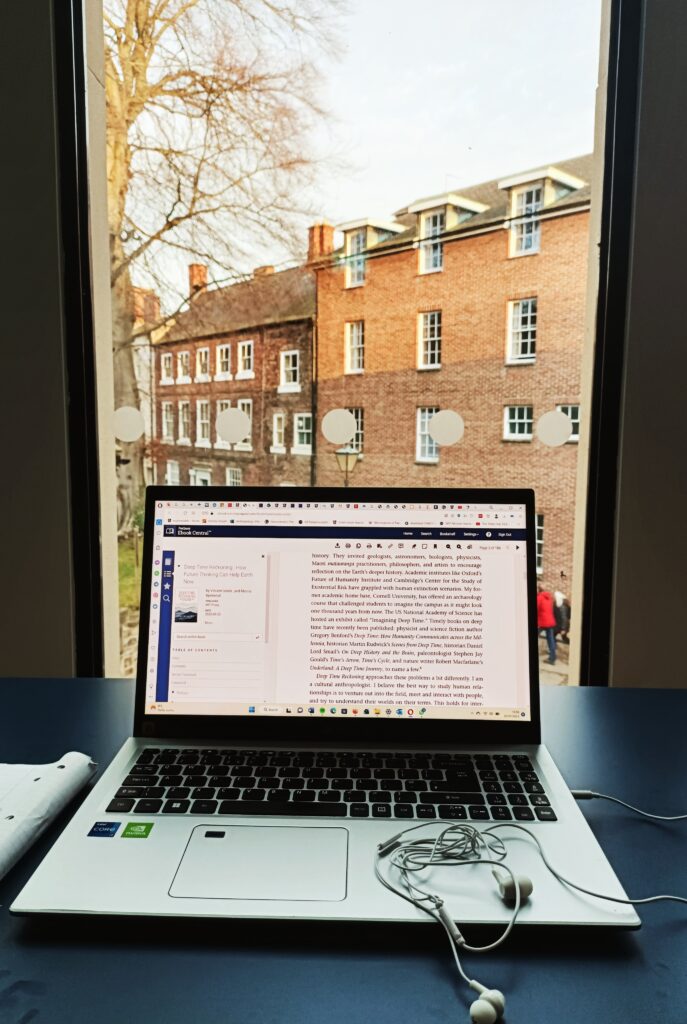

My advice
As for my own advice… I think my suggested tips would be around finding yourself a space that works for you. This doesn’t mean spending money on stationary – some of the best motivation can be finding a space in the local public library where people walking past can see your screen and notes. Treat yourself like a houseplant: get sunlight where possible and keep hydrated as well. Be kind to yourself, find a good time to work that allows you to explore revision, and don’t underestimate how much focus and motivation can be attributed to being in a good place for you.
Study group
Find some way of keeping yourself accountable, including a study group if you can be assured that you won’t be distracted – talking is almost definitely a break, but socialising by simply being in a group while studying can be reassuring. Plus, the shared experience of going through an assessment is always a bonding experience.
Good luck!
So good luck! You’ve got this. And above all, at the end of the day that letter or number is just an indicator of how well that assessment went – always remember that you are not your marks.
Discover more
For anyone at Durham currently, the Centre for Academic Development (DCAD) runs sessions throughout the year or can help give advice.
To find out more about student life in Durham follow our students on Instagram, TikTok, Pinterest and YouTube
Matthew Fackrell
Hi! I’m Matthew, a recent postgraduate studying Sustainability, Energy and Development (MSc) in the Department of Anthropology. Having focused on photography, videos, and blog content with The Durham Student, I am currently exploring sustainability research and public engagement more broadly. When not working or studying, I can be found browsing used bookshops, outdoors, or spending time with cats - especially at home around Bristol.




